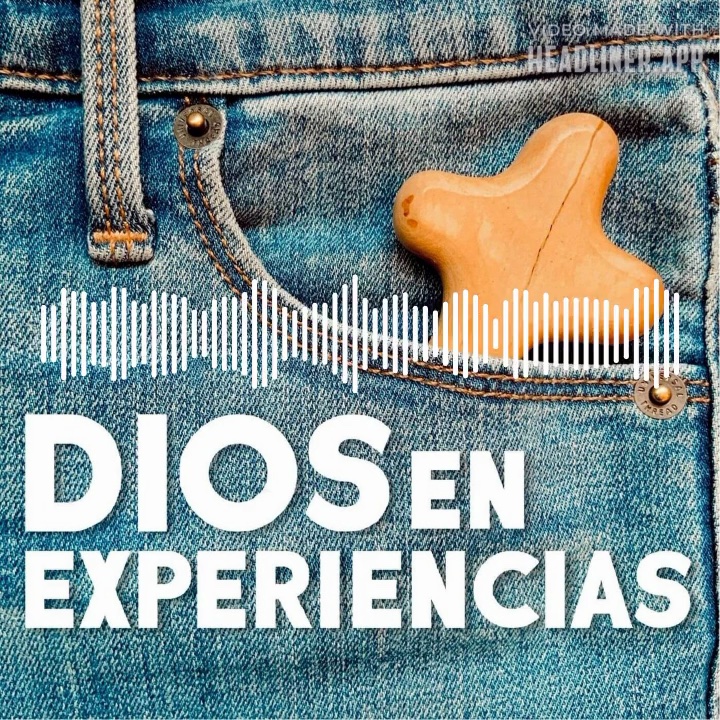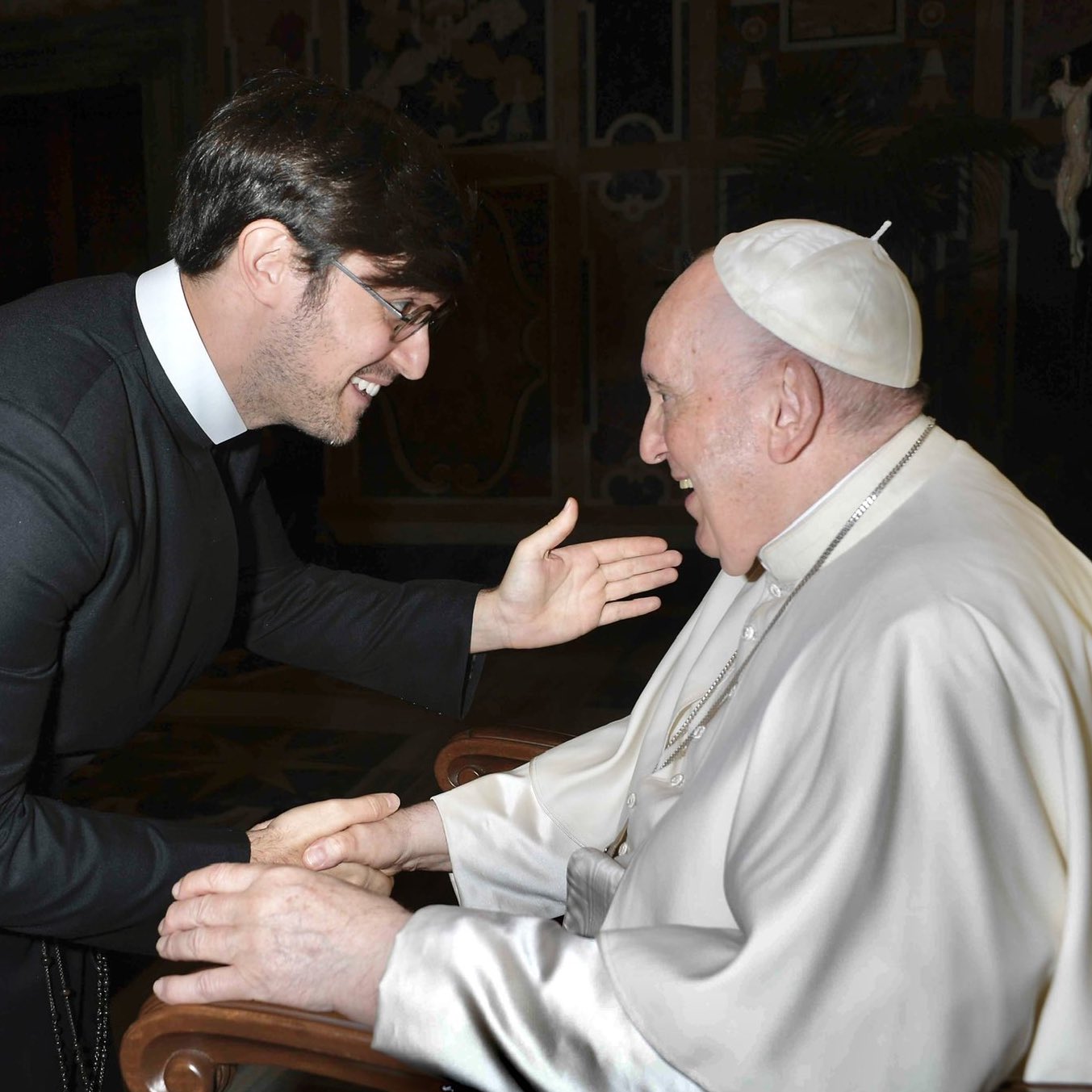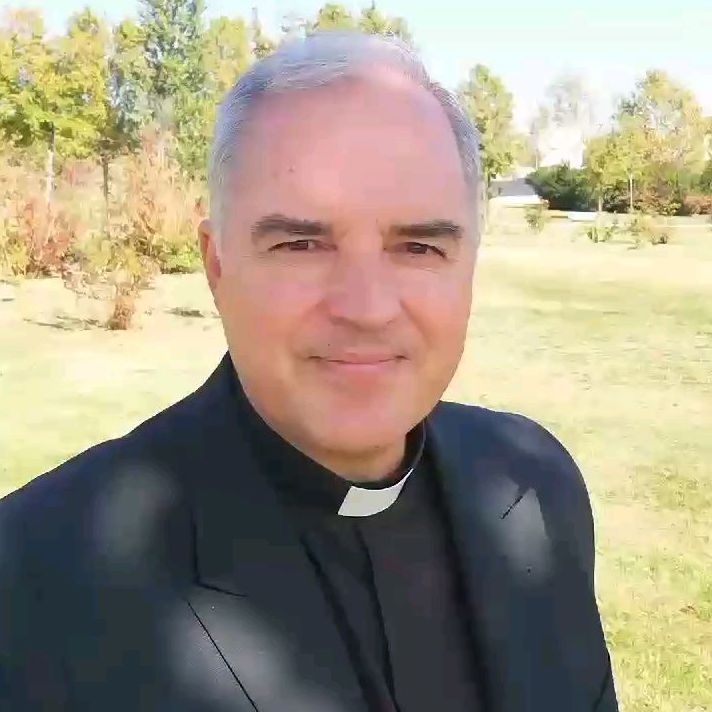Address controversial issues (LGTBI, immigrants…)
Address controversial issues (5%)
1. There are exacerbated controversies over the ethics of sexuality and family life, which also divide the Catholic community and require serious debate.
2. …aggravated by fake news and manipulation on social media
3. The Church must foster and guide dialogue in a serene and calm way, clarifying, informing and proposing her convictions
4. Always putting the dignity of the person, and teaching to respect it, above differences
Participants’ voice
«Updating and real and true accompaniment of the most present issues today (LGTB and their families, abortion). Adult catechesis, sensitization and accompaniment in the love of special neighbor to the most vulnerable”
“Training for priests and religious to know how to welcome and accompany LGTB persons»
“Train all people in different social classes. So that there is greater clarity about the progress and responses of the church. Above all, because on occasions where there is not so much culture and economic opportunities, the priests or the people in charge of the Church do not help with their misinformation.”
“Listen the current problems of people. Be updated in social issues for answering”
Missionary Voices
In every controversy, humility
What does the Pope says
F. Damián Ma.
On behalf a LGTBQ+ persons
F. Miguel Segura
The Magisterium, the New Testament
The Magisterium
“The Church’s moral teaching has its own “hierarchy”, in the virtues and in the acts which proceed from them. What counts above all else is “faith working through love” (Gal 5:6). Works of love directed to one’s neighbor are the most perfect external manifestation of the interior grace of the Spirit:
“The foundation of the New Law is in the grace of the Holy Spirit, who is manifested in the faith which works through love”.[40] Thomas thus explains that, as far as external works are concerned, mercy is the greatest of all the virtues:”
Evangelii gaudium 37
“If a person is gay and seeks the Lord and has good will, who am I to judge? The catechism of the Catholic Church explains it beautifully. It says these people should not be marginalized for that. They have to be integrated into society. The problem is not in having this tendency. We must be brothers. The problem is to make a lobby”
Interview in the airplane back to Rome, 20-jul-2013
The New Testament
“Do not quench the Spirit. Do not despise prophetic utterances. Test everything; retain what is good. Refrain from every kind of evil.”
1 Thessalonians 5, 19-22
Results of the questionnaires
Mark the activities in which you think the Church should be more and better
Stats
- Cultivation of spirituality, silence, contemplation 44.1%
- Education at all levels 35.2%
- Children’s catechism 34.5%
- Accompaniment to couples, families, sexuality, life 48.6%
- Activities and volunteering with young people 35.5%
- Accompaniment to separated / divorced people 26%
- Promotion of the equality of women in society and in the Church 20.9%
- Care of ecology and environmental sustainability 11.9%
- Assistance to excluded people (migrants, native ethnic groups, prisoners,…) 22.3%
- Digital world and social networks 21.2%
- Business and commercial world 5.2%
- Worlds of art, culture, science 12.1%
- Accompaniment of LGTBI people 27.2%
Assistance and accompaniment to excluded persons is one of the most important actions of the Church
How to move forward?
Theological standpoint
The Church has to discern the signs of the times to see the path indicated by the Holy Spirit, with Christ as the criteria for assessing what is human. A review of theological anthropology is required, in dialogue with the theology of the body and the pastoral care of the family and sexuality, which supports the options that the Church proposes, rooted in the Gospel. All of this requires opening spaces for prayer and intelligent deliberation. The worst controversy is the one that is not addressed…
Moral-behavioural standpoint
Christians must face the questions in discussion in society about moral and customs with a humble spirit, without imposing their vision, just because they are convinced of possessing the true answers.
Structural and organisational standpoint
Deepen the welcome towards people who live forms of love and family different from the traditional one, maintaining the ideal as a goal.
Pastoral-pedagogical standpoint
Promote exemplarity and tolerance, avoiding gossip and conflict typical of “theological hatred“.


